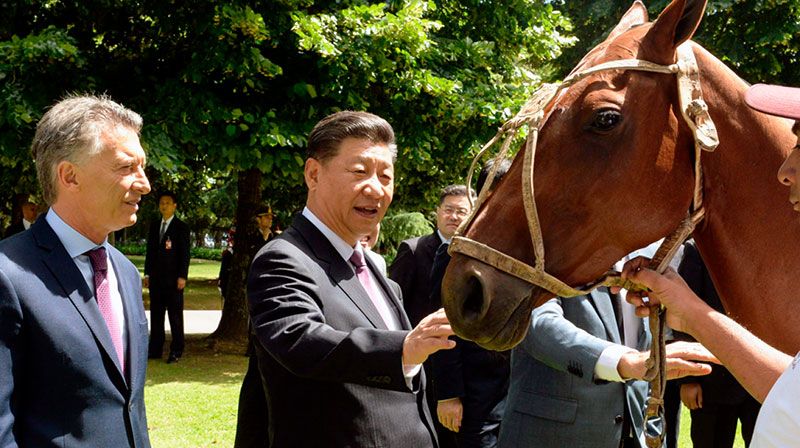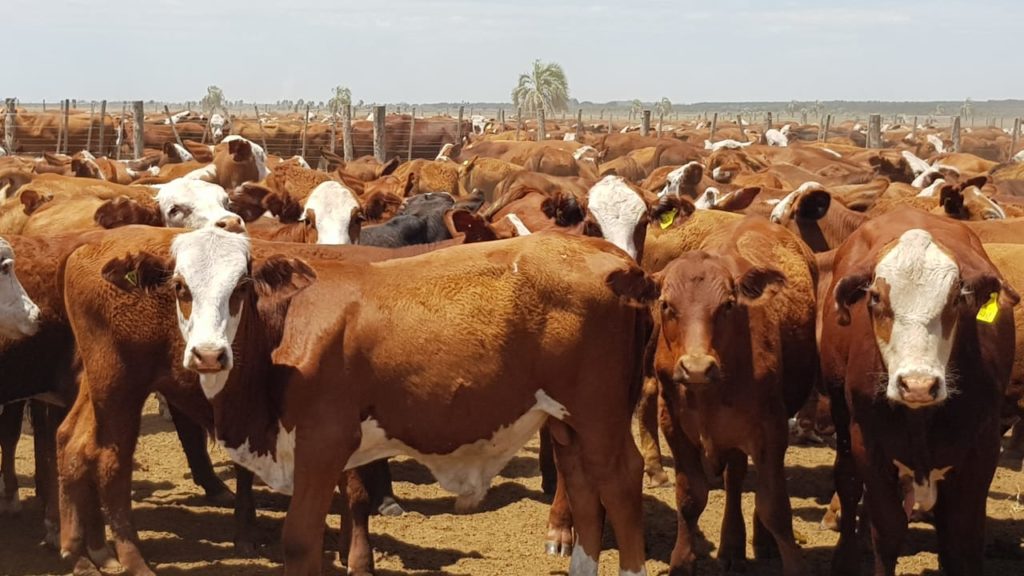Following the G-20 summit held in Buenos Aires, Presidents Macri and Xi Jinping announced during a state visit more than 30 agriculture and investment deals. The deals include an agreement to export Argentine cherries to China and an expansion of a currency swap.
China is among Argentina’s top export markets, especially for agricultural commodities that are the engine of its economy. It is also one of Argentina’s biggest lenders, financing about $18.2 billion in infrastructure and other projects.

At the same time, Argentina is on the verge of signing a deal with the United States that would allow two-way trade of fresh beef for the first time in nearly two decades.
The agreement would simultaneously open beef imports to both countries. The deal would also open a new market for the U.S. cattle sector, although demand for U.S. beef is low in Argentina.
Argentina will have a 20,000 tons limit on its exports to the United States while there will be no limit on U.S. beef going to Argentina. Argentina is seeking to boost beef sales abroad and the agreement would allow Argentina to show other prospective buyers that its meat is healthy enough to enter a country with some of the world’s toughest sanitary protocols.

Argentina fell off the top 10 list of beef exporters during 8 years thanks to the anti-farm policies of the previous Kirchner administration. The country is back in the top 10, according to USDA data and could get into the top 5 next year thanks to the free-market policies of President Macri and a sharp weakening of the local peso currency this year.
The United States produced 11.9 million tons of beef last year and exported 1.3 million tons, according to USDA data. Argentina produced 2.8 million tons of beef and veal in 2017, exceeding its domestic consumption by 293,000 tons in 2017.
For now, those deals took place at the state levels but it supports a business friendly environment and attractiveness for investors. Meanwhile a strong agriculture recovery will help to end recession.
